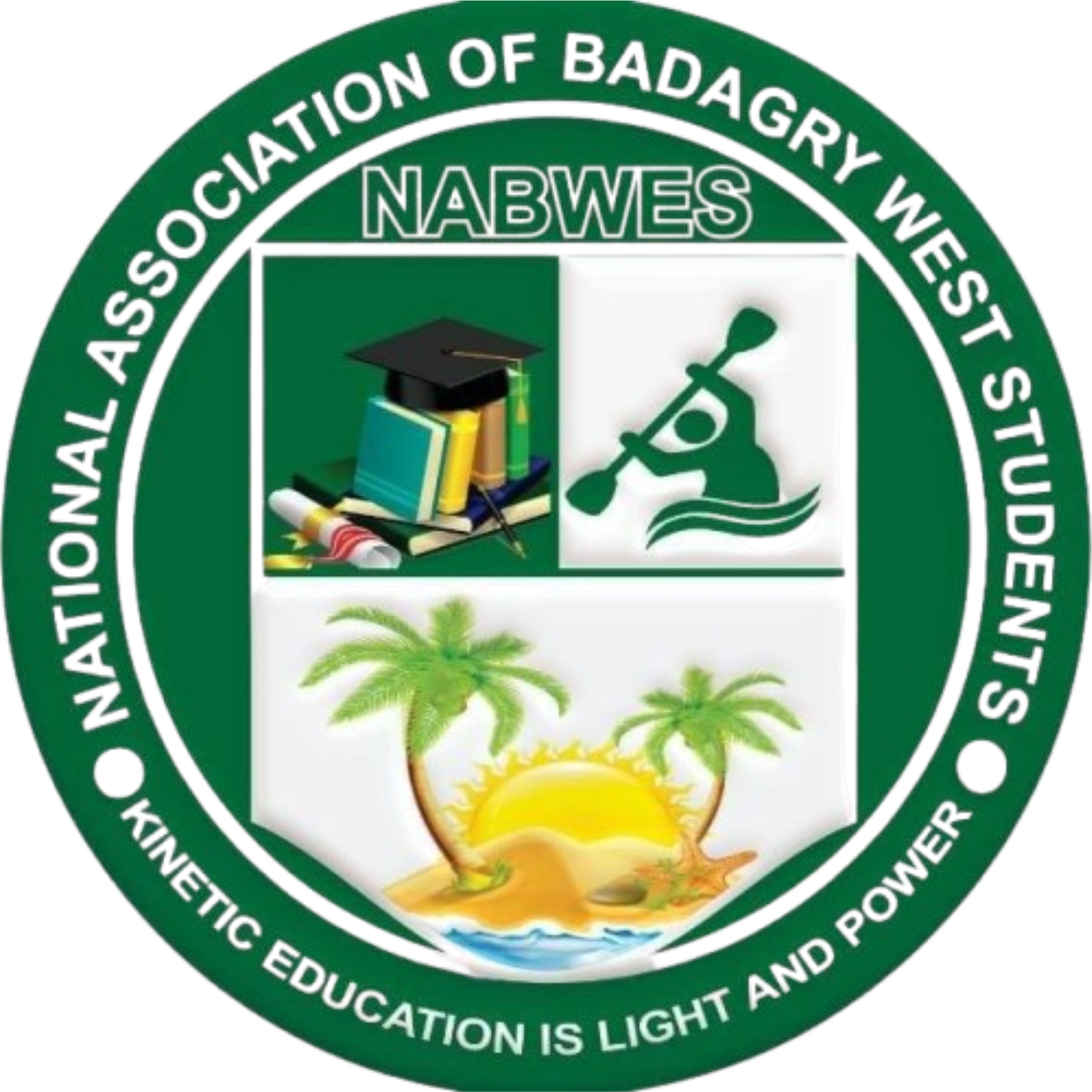
Challenges Faced by Secondary Schools in Badagry West

By Tande Semeton, DSP
Published on Jan. 1, 2025Education is the bedrock of any progressive society, yet many secondary schools in Badagry West grapple with severe challenges that hinder effective learning. The absence of basic facilities, coupled with systemic inefficiencies, has created a learning environment that is far from conducive. This blog post explores these challenges, using Shito Gbethrome Secondary School and Kankon Senior and Junior Secondary Schools as case studies.
Lack of Infrastructure
One of the most pressing issues is the inadequate infrastructure in schools. Many schools in Badagry West lack proper buildings and classrooms. Students are often forced to learn in overcrowded, dilapidated spaces or, in some cases, under open skies. This dire situation not only affects the quality of education but also undermines the dignity and morale of both students and teachers.
Absence of Laboratories and Computer Facilities
The absence of science laboratories and computer facilities further compounds the issue. In today’s world, where STEM (Science, Technology, Engineering, and Mathematics) education is pivotal, schools in Badagry West are ill-equipped to prepare students for future challenges. Practical learning, which is essential for subjects like biology, chemistry, physics, and computer science, is virtually nonexistent.
Poor Accessibility and Lack of Electricity
Teachers are reluctant to take up positions in schools within Badagry West due to poor road networks and lack of electricity. These factors make commuting and working conditions extremely challenging. Without electricity, schools cannot leverage modern teaching aids, leaving both teachers and students reliant on outdated methods.
Shortage of Qualified Teachers
A chronic shortage of qualified teachers is another major issue. At Shito Gbethrome Secondary School, essential subjects like Government and Literature have gone untaught for years due to a lack of teachers. The situation is no better at Kankon Senior and Junior Secondary Schools, where a single teacher is often compelled to handle more than three subjects. Alarmingly, principals are also stepping in to teach, a practice that is neither sustainable nor ideal.
Case Studies
Shito Gbethrome Secondary School has suffered from a significant lack of subject teachers, leaving students at a disadvantage. Core subjects like Government and Literature have been neglected for years due to the shortage of staff. This neglect has severely impacted the students’ academic foundation and preparation for external examinations. The lack of teachers has also caused overcrowded classrooms where students struggle to stay engaged.
Kankon Senior and Junior Secondary Schools face similar challenges. The 8th NABWES administration’s visit revealed that these schools lack the necessary infrastructure to support effective learning. Additionally, a single teacher often handles multiple subjects, an arrangement that compromises teaching quality. In many instances, principals themselves take on teaching duties, a stopgap measure that highlights the severity of the teacher shortage. This overburdening of staff creates an unsustainable environment and diminishes the quality of education.
Recommendation to Solve this Pressing Issue
Government Intervention
The Lagos State Educational Board and Educational District V must urgently prioritize the provision of infrastructure in schools. This includes constructing new classrooms, laboratories, and computer facilities. Funding should also be allocated to renovate existing buildings that are no longer fit for use. Without these basic structures, students will continue to face immense barriers to effective learning.
Recruitment of Teachers
To address the acute shortage of teachers, the government should implement a robust recruitment plan. Attractive incentives, such as housing benefits and transportation allowances, can encourage qualified teachers to accept postings in Badagry West. Additionally, professional development programs should be provided to enhance teachers' skills and ensure they remain motivated in their roles.
Community and Political Advocacy
Community leaders and political representatives have a pivotal role to play in resolving these challenges. Honorable representatives like Hon. Sesi Whingan (MHR) and Hon. Bonu Solomon must actively advocate for improved funding and resources for schools in Badagry West. By leveraging their influence at both state and federal levels, they can draw attention to the dire situation and expedite necessary actions.
Public-Private Partnerships
Collaborations with private organizations and NGOs can help bridge resource gaps. These partnerships can provide funding, infrastructure, and teaching aids that significantly enhance the learning environment. Initiatives such as donation drives and scholarship programs can also benefit students and schools in need.
Electrification and Road Repairs
Improving the road networks and ensuring consistent electricity supply in Badagry West is crucial. Better roads will make schools more accessible to teachers and students alike, while electricity will enable the use of modern teaching aids and equipment. These improvements are essential for creating a conducive learning and working environment.
Conclusion
Every child in Badagry West deserves access to quality education. It is high time that the Lagos State government and other stakeholders take decisive action to address these pressing issues. Education is not just a fundamental right but a tool for societal transformation. The students of Badagry West cannot afford to wait any longer.

Comments (0)
Leave a Comment